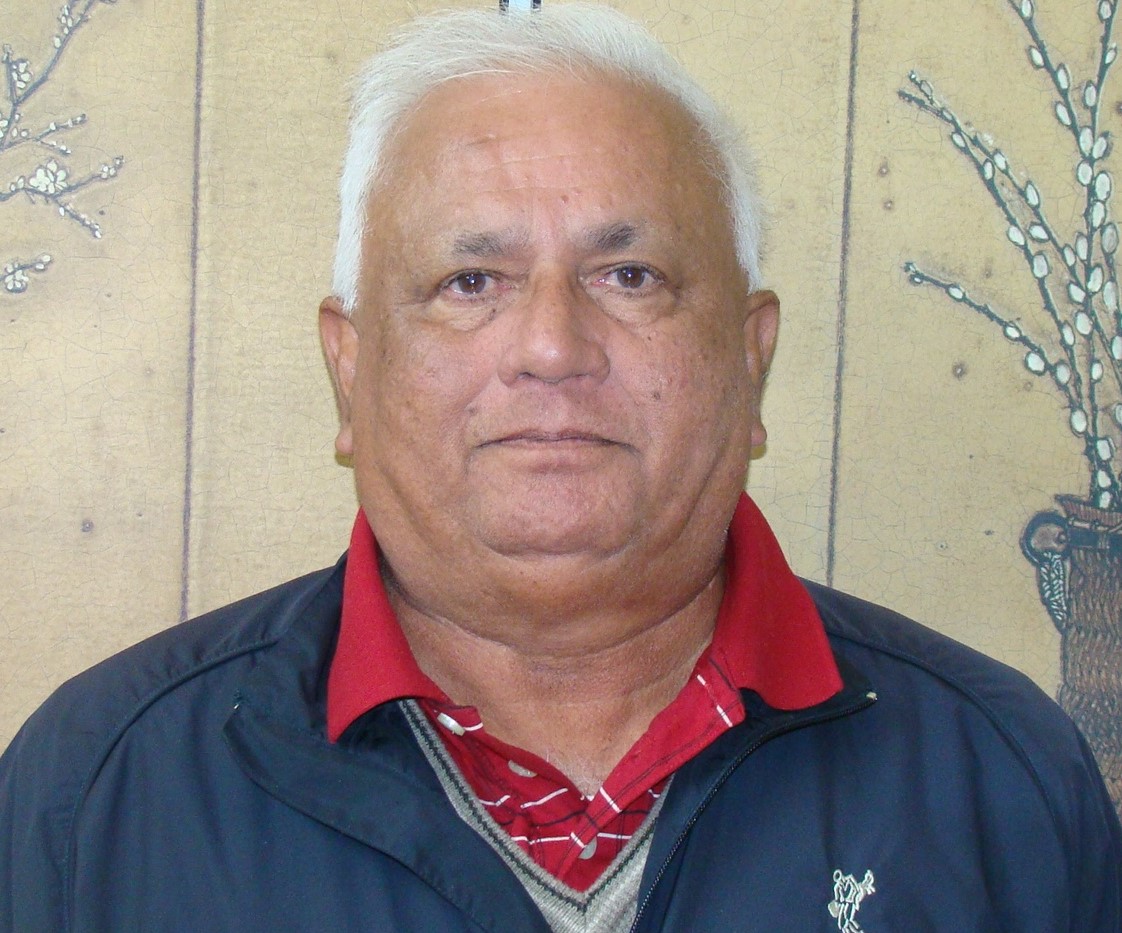Aggressive politicking, crude electioneering, combative rhetoric, and lofty promises will probably dominate the upcoming general elections. However, with the growing division at home and the uncertainty over the outcome of the elections, it is worth analyzing Pakistan's power standing in the region.
Pakistan's diminished position in regional politics in the last decade has been overshadowed domestically by other pressing issues, such as the vote of no confidence, sovereign default threat, anti-state violence on May 9th, and increasing TTP terrorism.
According to the Lowy Institute's Asia Power Index Report 2023, Pakistan is the 15th-ranked middle power in Asia. The Index ranks 26 countries, led by the US and China, based on 8 broad parameters. They are military capability, defense networks, economic capability, economic relationships, diplomatic influence, cultural influence, resilience, and future resources.
The importance of middle powers in geopolitics has increased in a multipolar and multilateral world. Balanced middle powers have a significant influence and strategic importance to avoid choosing sides in bloc geopolitics. It gives such countries significant leverage in global affairs to build multiple relationships or chart an independent course.
Pakistan's overall score declined relative to 2022, representing a continued drop in each edition of the Index since its inception in 2018. Its diplomatic influence has decreased compared to previous years. Its impact in the region is lower than expected, based on its available resources.
Overall, Pakistan's underperformance in Asia persisted, with its negative power gap, derived from the weighted average of the 8 parameters, worsening slightly in 2023. It is a depressing reflection of a country that punched above its weight on the global stage for many decades.
Unsurprisingly, Pakistan scores low on the Index for economic capability, economic relationships, diplomatic influence, and cultural influence while having higher scores for military capability, defense networks, resilience, and future resources. In a highly competitive world, it has not been enough for Pakistan to have a deeply embedded ideological standpoint and possess natural and military resources to guarantee its status as a middle power.
In contrast, Indonesia, whose political history has similarities to Pakistan, has reversed course from chaos and near disintegration after the collapse of the brutal Suharto dictatorship in 1998 to rank as the 9th-ranked middle power in Asia in 2023.
The critical factors in Indonesia's turnaround are that democracy has found compatibility with Islam, the military is out of politics, politicians collectively focus on development, the economy is doing much better despite systemic corruption, and religious extremism has receded. It is a salutary lesson for Pakistan that political solutions work given the right conditions.
There is no magic wand to enhance Pakistan's middle-power position in Asia. It will not happen by just hope and prayer. The political, economic, and social problems that hobble development and dilute power have many dimensions.
First, Pakistan is a poorly governed hybrid democracy with an unrepresentative system where guns matter more than votes. A rigid and over-centralized governance system exacerbates ethnic, religious, and gender fault lines across the country. Pakistan's military and civilian leaders, in their search for popularity and legitimacy, have not adhered to democratic norms. And security-obsessed strategic thinking has limited policy choices.
Second, boom/bust cycles have resulted from the emphasis on consumption instead of savings and inconsistent economic policies. Economic managers not selected on merit have focused on short-term gimmicks, not long-term sustainable growth. Rentier income and loans, until they dried up, have papered over the obvious structural flaws in the system.
Third, the deficit in human development has become alarmingly high. Human development is a central component of economic development. Pakistan has seen a decline in education, health, and income indicators since the early 1990s. A major national challenge is to find adequate resources to invest in human development amid an economic meltdown and growing security expenditures.
Betting on a reversal in Pakistan's fortunes will be dicey without fundamental reforms. It will need a solid change in the lives of ordinary people for them to have positive aspirations and a stake in the country. Moreover, unless Pakistan addresses corruption, administrative hurdles, and the skill gap in the workforce, international investors will not see value in investing in the country.
Political and economic stability in Pakistan are the key factors that will make it viewed as a reliable geopolitical and economic partner worldwide. It's a tall order, with the best desire in the world.





